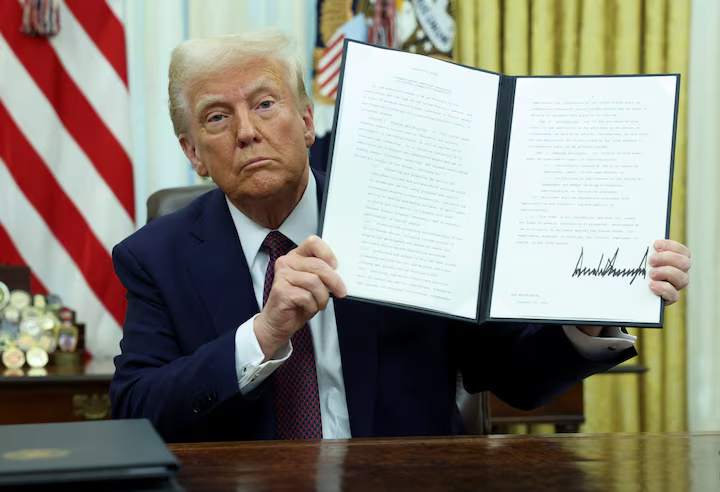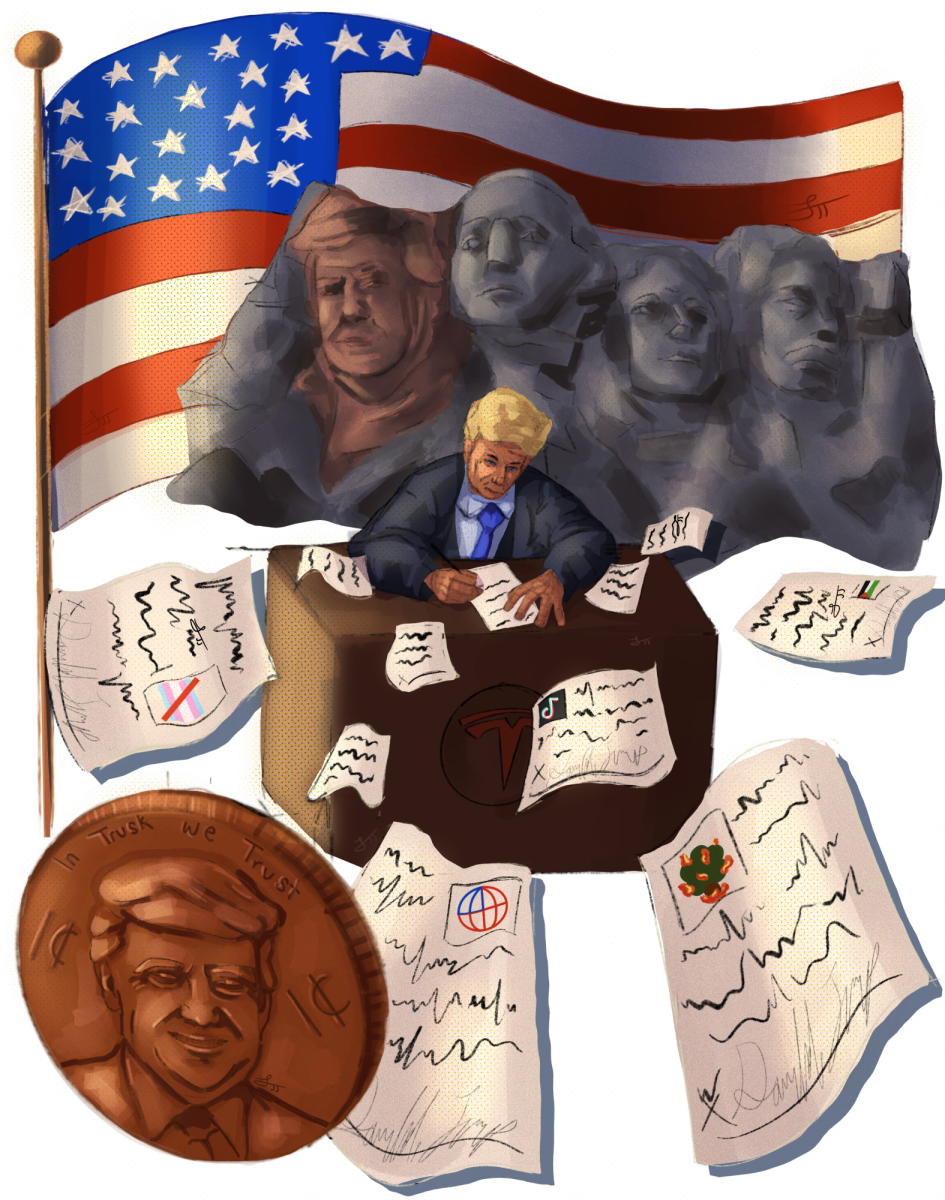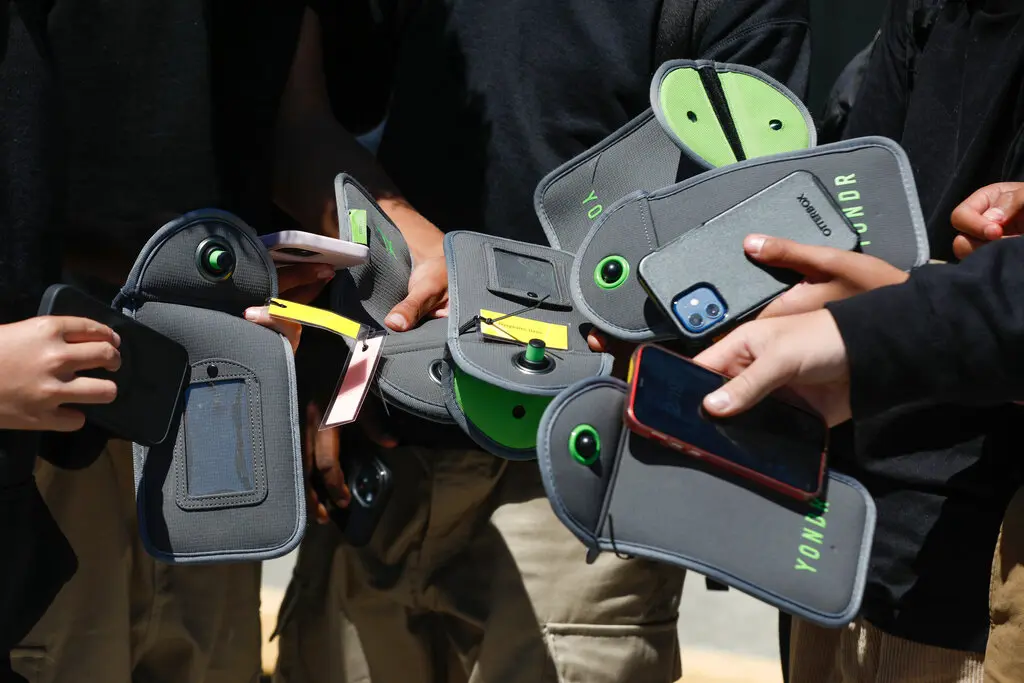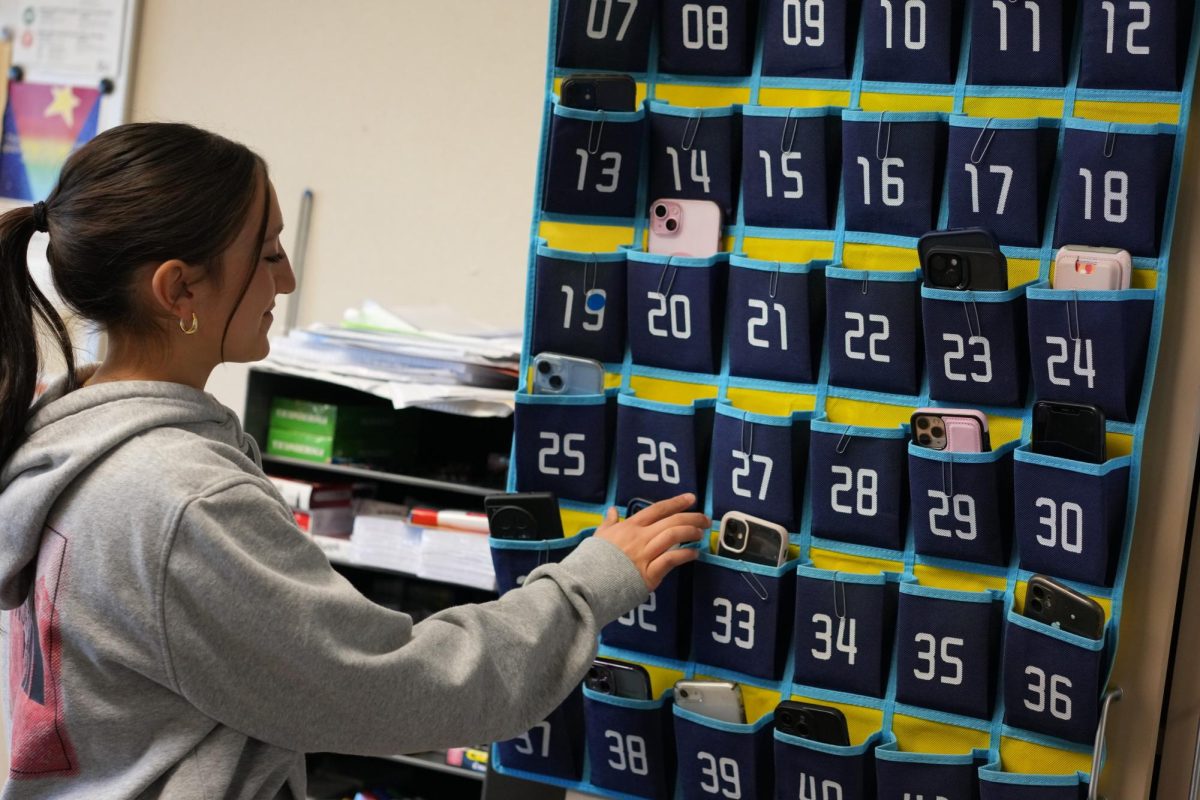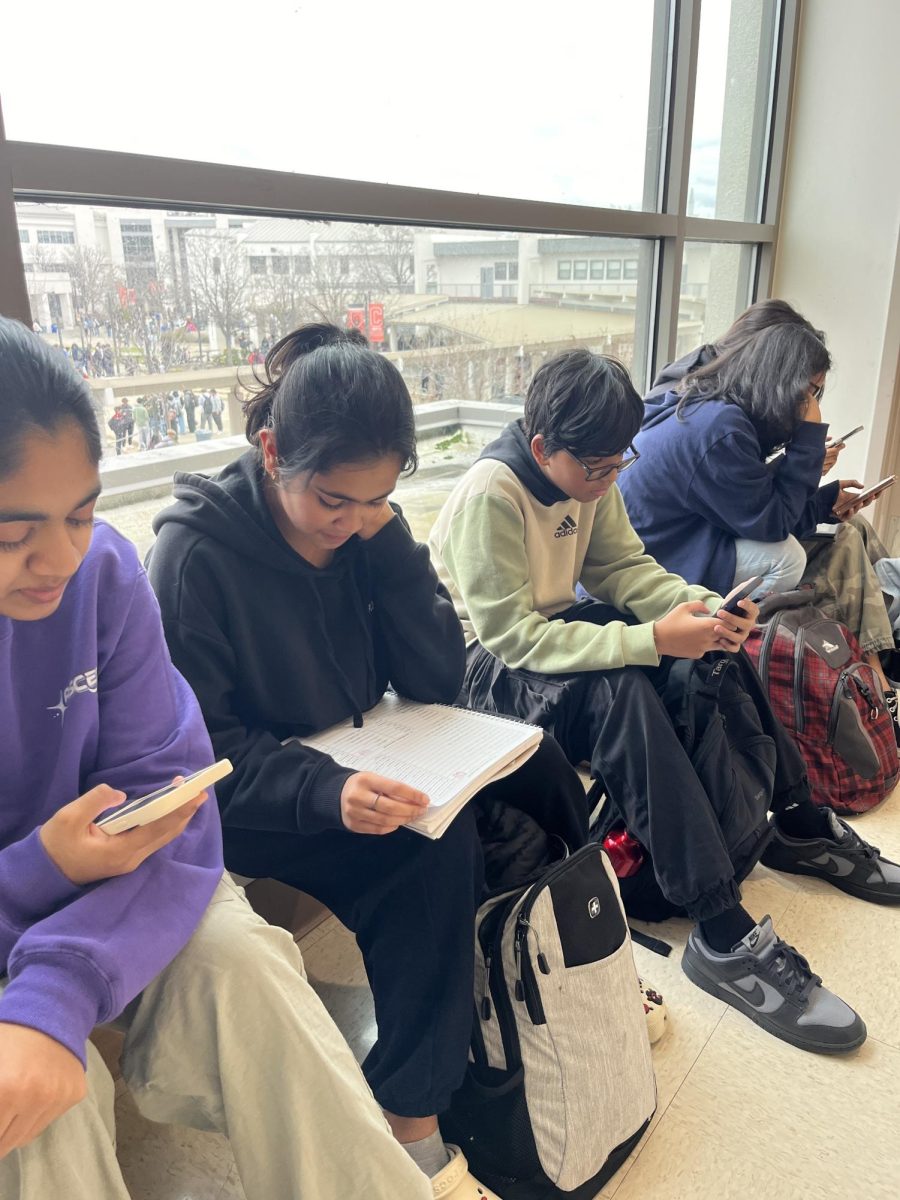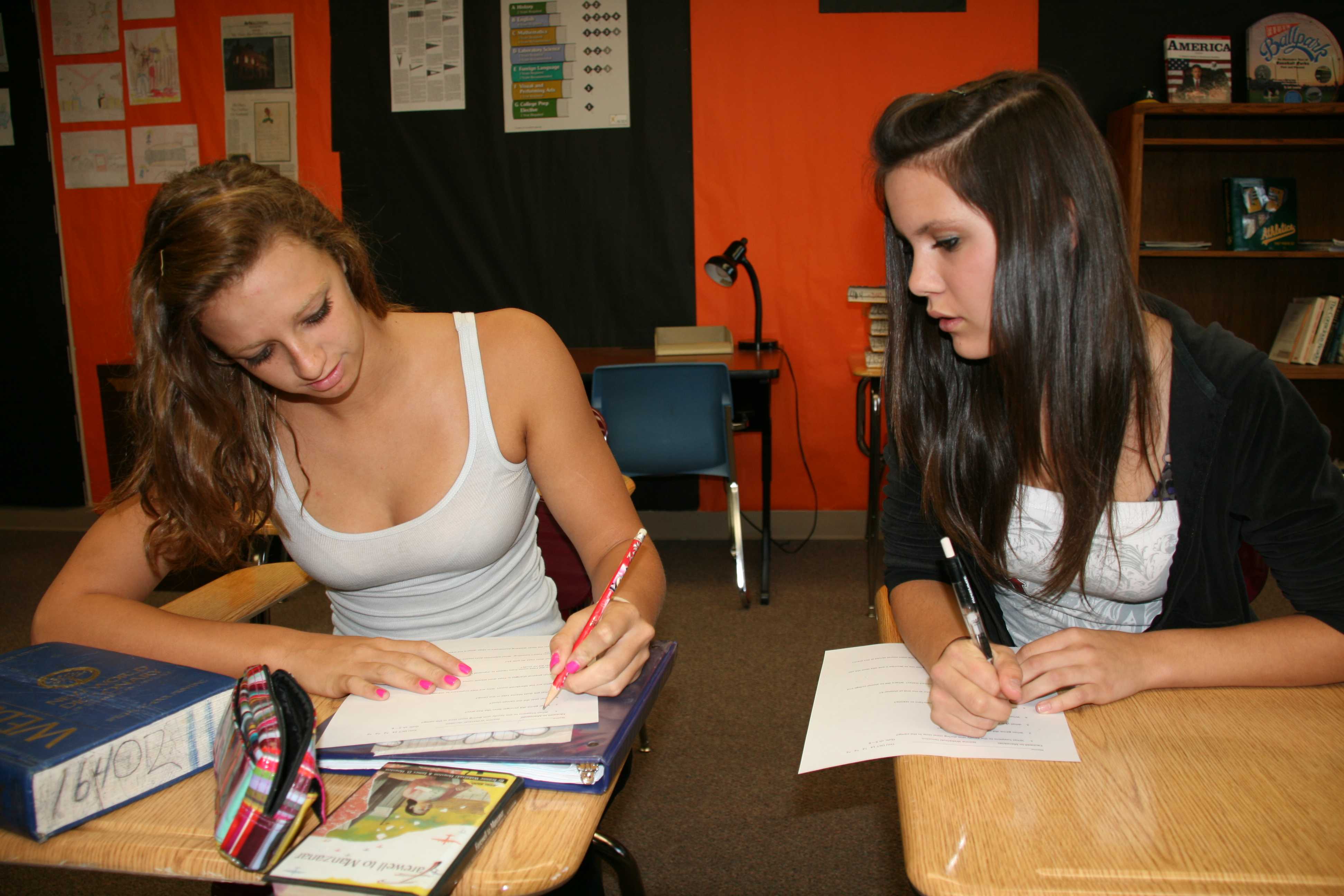
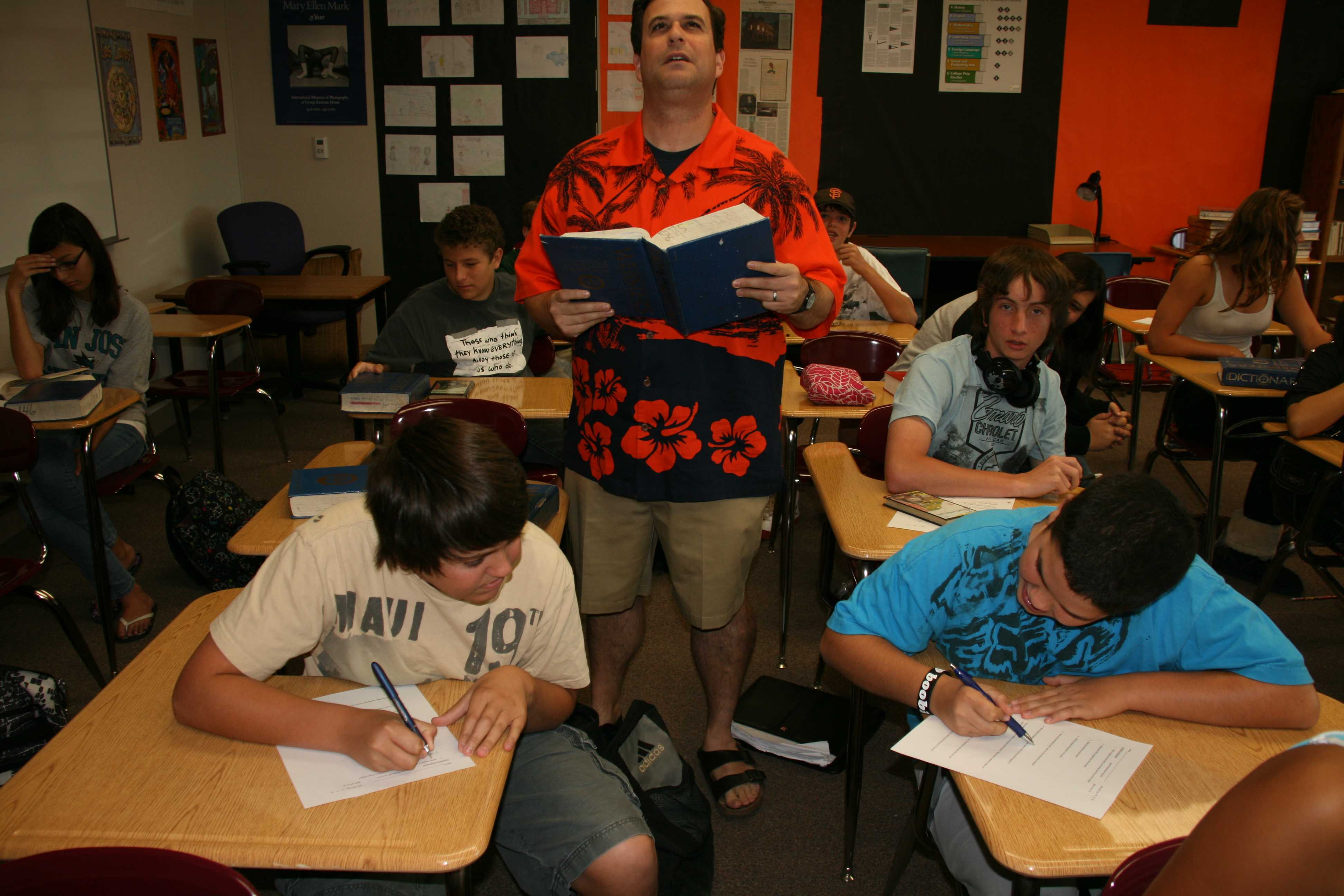
By Jacob Hirsohn and Tyler Hollander, Staff Writers
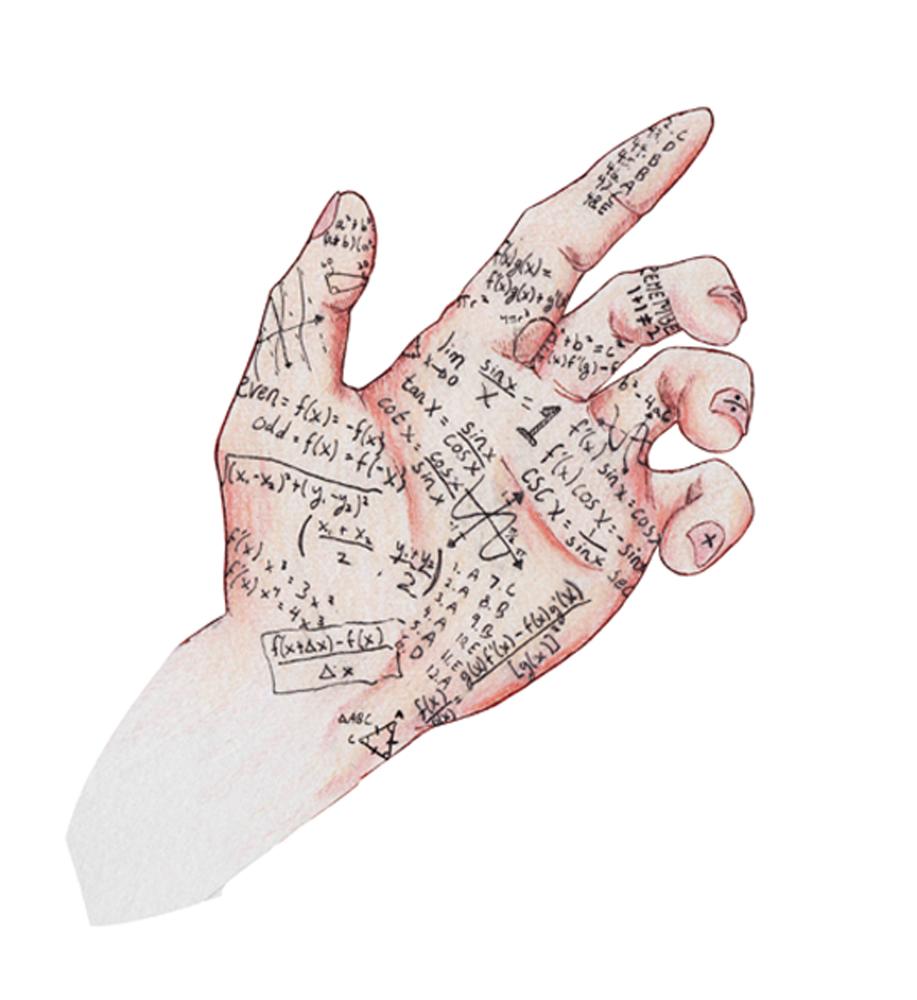
A desperate student is sitting in class on the day of a test, and suddenly the pressure of getting into a good college and beating the curve hits him.
What should he do? Take the test and deal with the consequences, or cheat?
Surprisingly, cheating is becoming the frequent answer to that question.
The pressure to get outstanding grades is greater now than ever before, and this has led to an increase in cheating that is being noticed nationwide.
“The perception is that there has been an increase in cheating, not just in this school but in schools everywhere,” Principal Mark Corti said.
Of 20,000 high school students surveyed in a poll conducted by The Josephson Institute of Ethics, 70 percent of them admitted to cheating in high school in 1998. Today 75 to 98 percent of college students surveyed said they have cheated, according to the Education Testing Services, which administers the AP, SAT, and CAHSEE tests.
Many students said they see more cheating now then they had in previous years.
Freshman Justin Linden said in the couple of months he has attended Cal, he has already seen a lot of cheating. He mentioned seeing a student in class let a friend copy his quiz.
Despite the many students who frown on cheating and the numerous consequences involved, such as getting zeros on tests and getting suspended or expelled, students throughout the country still cheat.
“I think high school students feel more pressure to cheat because college is closer,” junior Haley LeDuc said.
This is a sentiment shared by many students, and is especially noticeable in AP and honors classes. Even though these classes are college level courses, some students still choose to take more of them.
“Nationally, 75 percent of all high school students cheat,” Denise Pope, an adjunct professor in the School of Education at Stanford University, told the San Francisco Chronicle in a 2007 article.
“But the ones who cheat more are the ones who have the most to lose, which is the honors and AP students,” Pope continued. “Eighty percent of honors and AP students cheat on a regular basis.”
With that logic, it seems that the better the students, the more likely they are.
“Kids overload themselves with classes,” said history teacher Chris Doherty. “This adds to the pressure they already have.”
The high standards expected of students in AP and honors classes are thought to contribute to the increasing amount of cheating.
Junior Josh Cooper, who is taking Honors English 11, feels there is more pressure from teachers in AP and honors classes.
“I feel there is a lot more pressure in AP and honors classes because teachers have such high expectations for the students,” Josh said. “Students will do anything to live up to those standards.”
Chemistry teacher Brian Coburn said he can really sense the anxiety in his classroom when he is going over new material, especially in his AP classes. He also said pressure felt by students contribute to some of his students losing sleep.
It can be difficult for students to handle all the things they sign up for, which adds the pressure of deciding what’s most important.
“I’ve seen students that have just given up [on AP classes] because they had trouble balancing school, sports, and volunteer work,” said senior Samantha Nguyen. “It’s hard. I’m actually struggling myself.”
This lack of balance plays an important role in student athletes who are tempted to cheat.
“I feel students who play sports are more inclined to cheat, because they don’t have as much time to study or do homework,” said sophomore Shayda Haddad.
